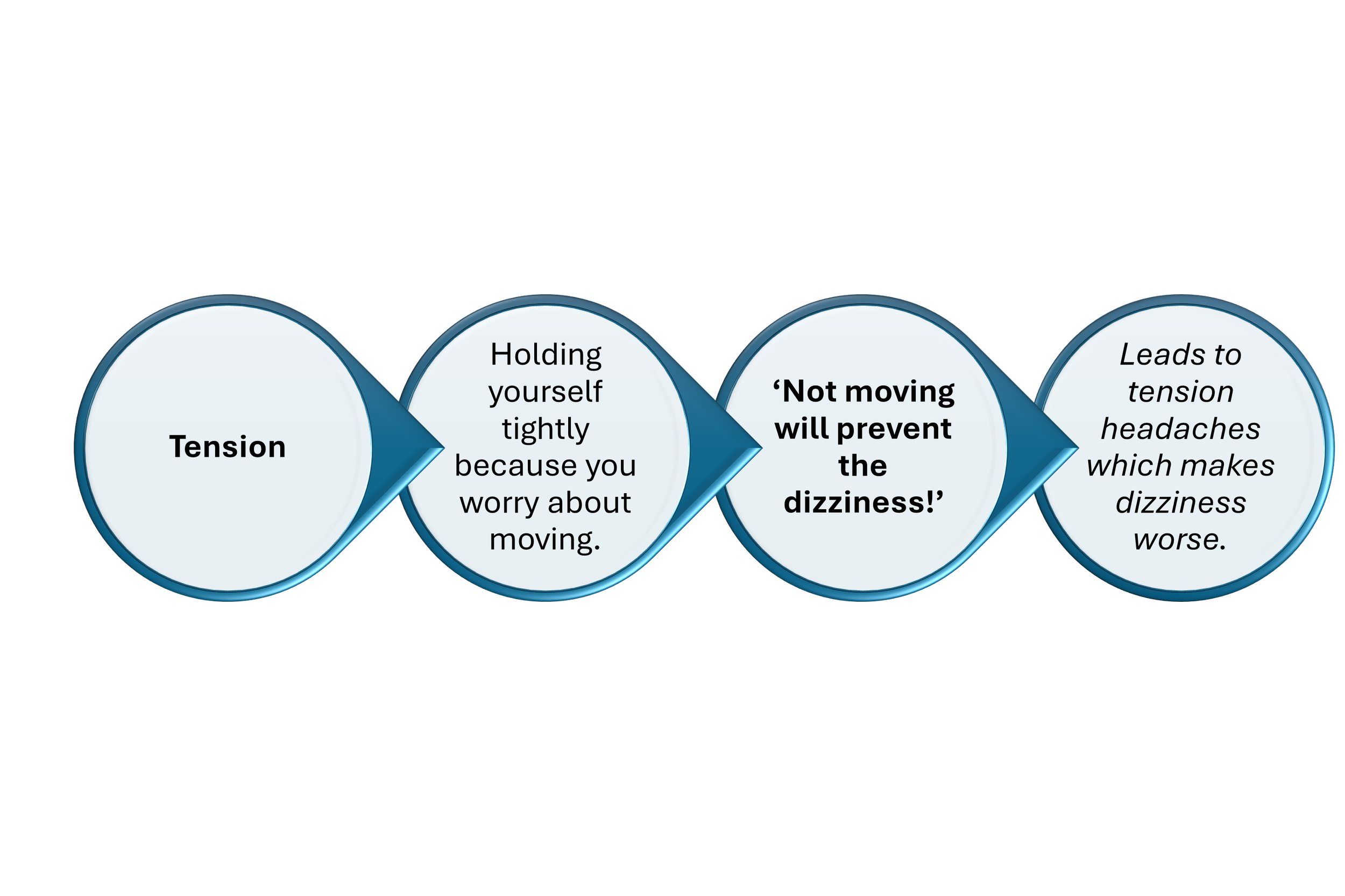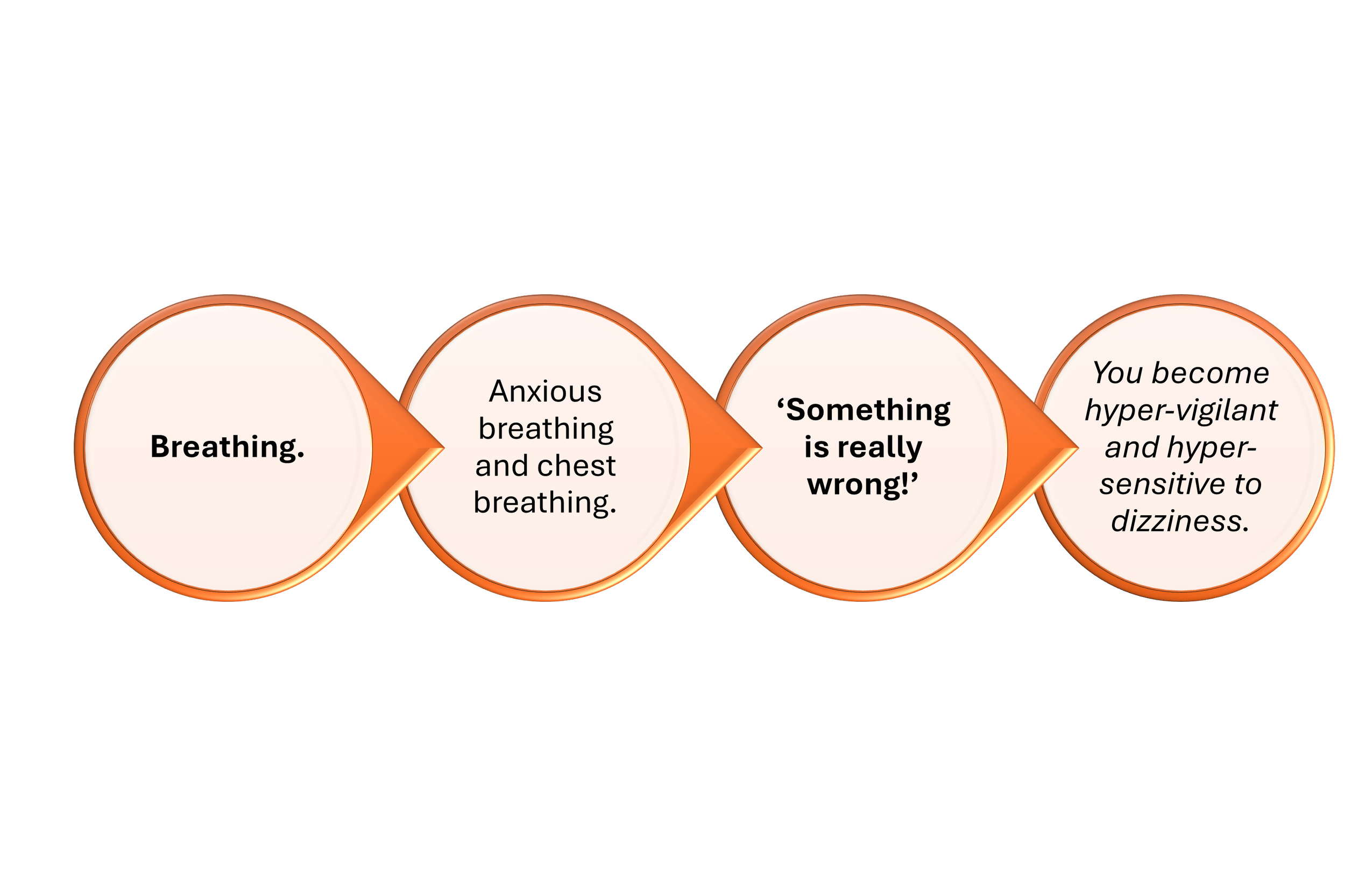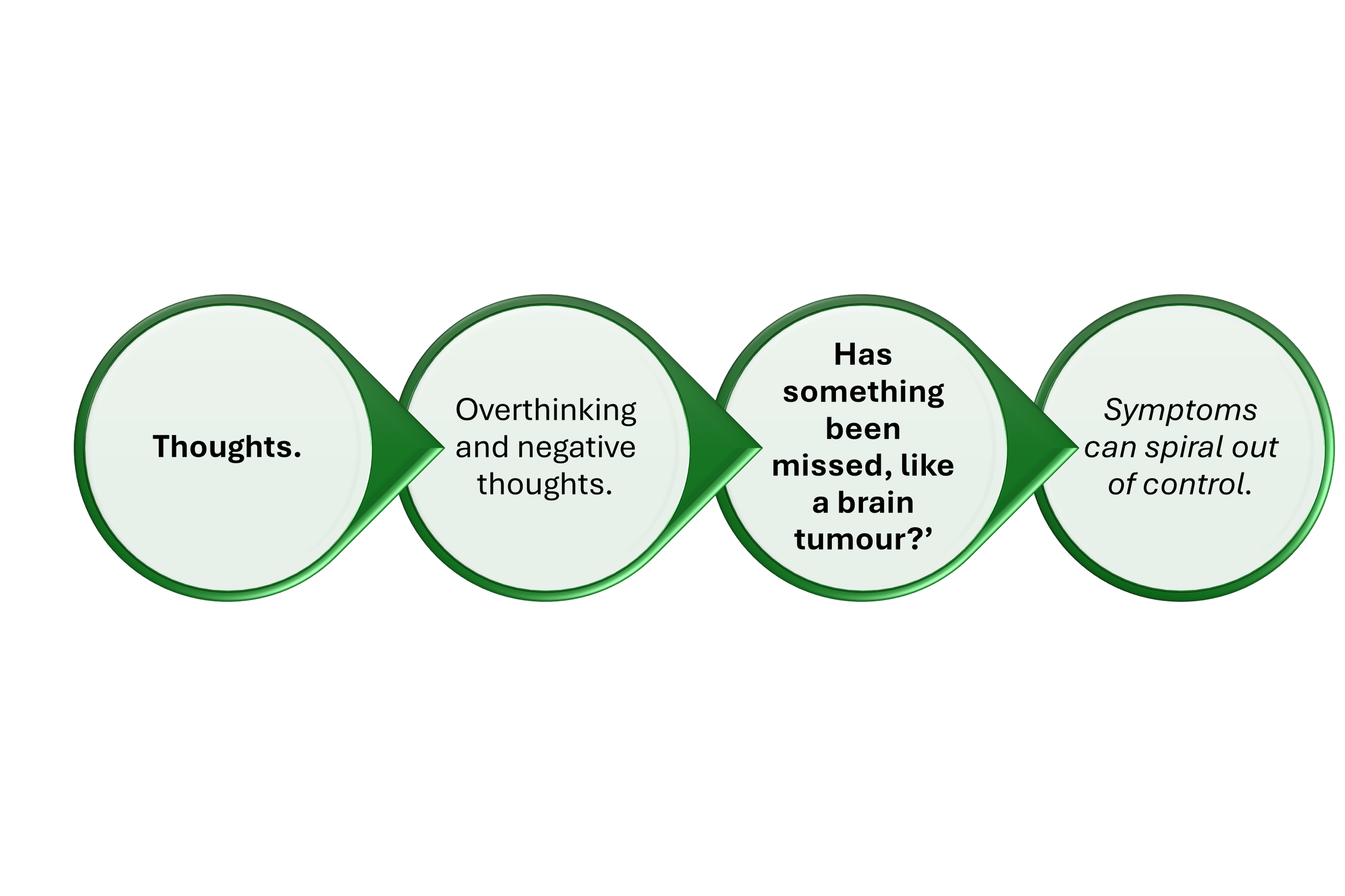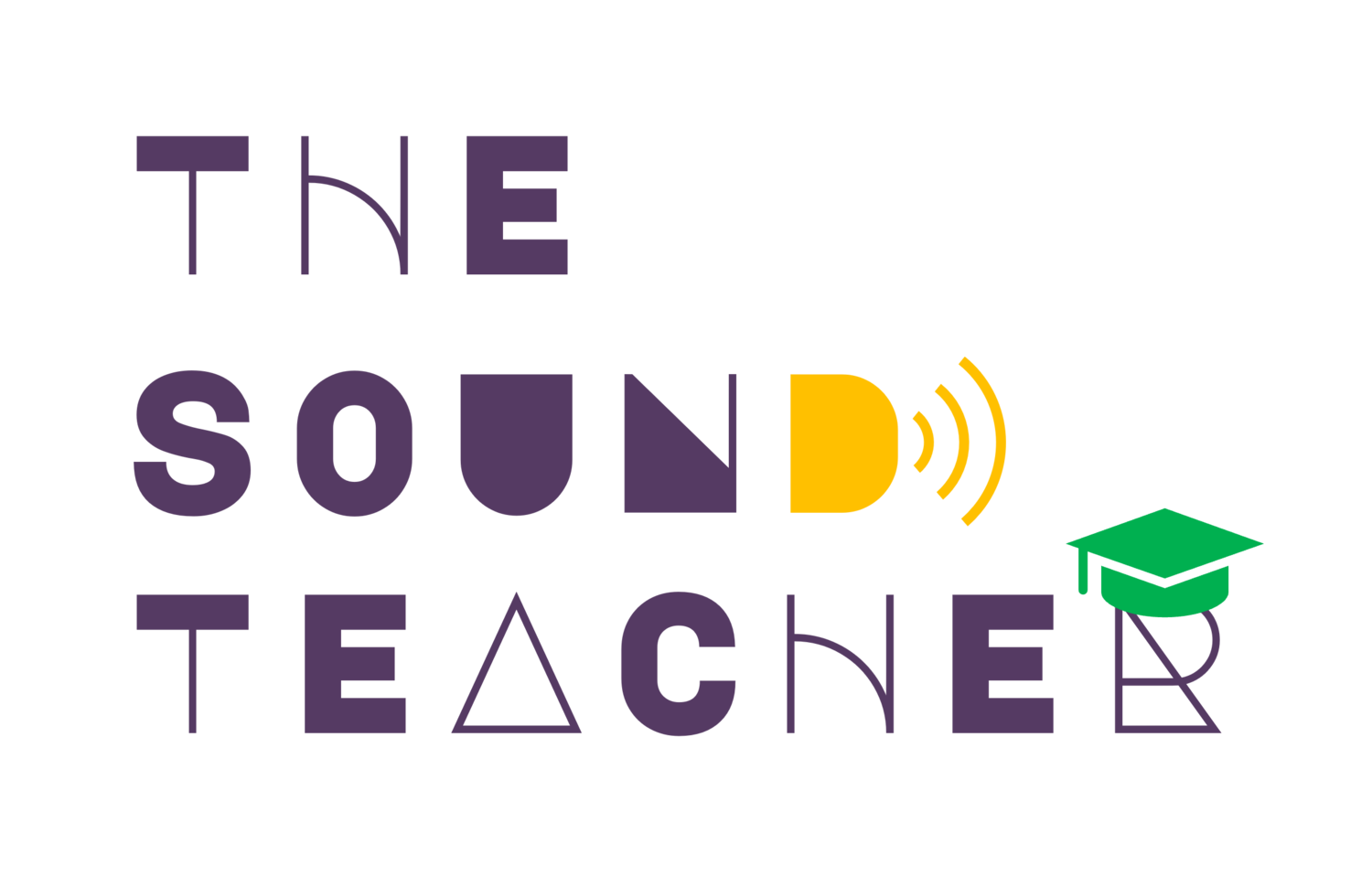Balance in life
This blog aims to help you, your family and loved ones gain a clearer understanding of what it means to deal with persistent dizziness.
Identifying problems early improves the success of self-help techniques.
Causes of chronic dizziness
Constant low-level dizziness
Postural perception
Anxiety
Reduced function of the inner ear (vestibular system)
Post concussion
Episodic attacks of dizziness
Movement
Visual stimulus
Vestibular migraine
A condition called Ménière’s
The stress response
It is important to differentiate between ‘helpful’ and ‘unhelpful’ stress responses.
Reactions that are understandable, but unhelpful.



Options for managing the dizziness
Try not to rely on one management option. See what works for you.
How does mindfulness relate to persistent dizziness?
The mind and body are connected, though often cut off from each other. Mindfulness lets you observe your thoughts without resisting them and choose how you respond to symptoms.
“We only have the present moment because the past is gone, and the future is yet to come. So often, patients dwell on the past – how I used to be – and are worried about the future.”
The dizziness dog
Management toolkit
Grounding.
Take the attention away from the head (the focus of the dizziness) and all the way down to your feet on the floor.
With an acute attack try 5, 4, 3, 2, 1
5 things you can see
4 things you can hear
3 things you can touch
2 things you can taste
1 thing you can smell
Visualisation.
Imagine yourself to be an oak tree with deep roots. Whatever is happening in the ‘branches’ and ‘leaves’ (however dizzy) the tree remains stable and strong.
Body scan.
It is common when you experience dizziness to lose contact with the body. Take attention individually to each body part. Once you are aware of holding tension you can relax the body and move better.
Life in balance and balance in life
Presented to the British Society of Audiology BSA ‘Quality in Vestibular Practice Event 2024’ by Debbie McCane, University of Manchester.
Debbie is a clinical scientist at Withington Community Hospital and Audiology Lecturer at Manchester University. Her clinical work primarily involves working with patients with persistent dizziness or episodic dizziness.
Cat Robbins - AssocFBSA
The Sound Teacher is an Associate Fellow of the British Society of Audiology.













